Ana Carpio, a mom of three, lost her restaurant job last year as Oakland and the Bay Area went into lockdown, forcing restaurants to close or drastically reduce their hours. Carpio was the primary income-earner in her household, which at the time included her 18-year-old son, 10-year-old daughter, and newborn granddaughter. Carpio’s older daughter, who normally would have been able to help out financially, wasn’t able to work because she had just given birth.
Not knowing where to turn, Carpio got help from a place she hadn’t expected: her younger daughter’s elementary school, Bridges Academy at Melrose. She received $500 from the school last April and an additional $250 payment in June, which she put towards rent and groceries.
“It’s like it fell from heaven,” said Carpio, who was unemployed for five months. “It happened during a really critical time when I wasn’t working, so it was very helpful.”
Over the past year, some schools in Oakland have stepped into a role that most didn’t have before the pandemic: fundraising and providing cash payments to struggling families. What began as emergency relief for mainly newcomer and immigrant families who weren’t eligible for federal stimulus payments, has continued for more than a year. Schools are helping to pay rent, housing deposits, phone bills, and more for families in Oakland that are still recovering from the economic and health impacts of COVID-19.
“If the family is in distress, the student cannot learn,” said Anita Iverson-Comelo, the principal of Bridges Academy at Melrose, located in East Oakland. “It’s hard for us to turn our backs when families are on the phone crying.”
When school buildings shuttered a year ago, teachers and school staff knew it would impact far more than just their students’ education, and started conducting wellness checks—making phone calls to students’ homes to ask what families needed: Did they have food at home? Was their housing situation stable? Has there been a loss of income? How about internet access? Was everyone healthy?
Alyssa Baldocchi, who teaches humanities to newcomer students—immigrants who have been in the country for fewer than three years—at Elmhurst United Middle School, would often connect with students and their families over Instagram because they didn’t have phone service. Baldocchi, along with fellow teacher Marisa Mills, launched a fundraiser to collect donations to help support their immigrant students and families.
Around the same time, Iverson-Comelo decided to donate her stimulus check to one of her students whose father had just died. She suggested to some of her colleagues that they do the same with their stimulus funds, and soon it became a larger campaign when Iverson-Comelo’s husband created a website, stimuluspledge.org, to receive donations from the public.
To date, more than a dozen schools in Oakland including Elmhurst and Bridges Academy have raised and distributed more than $250,000 to families during the pandemic.
By the end of this school year, Elmhurst principal Kilian Betlach expects that his school alone will have given away $25,000 to at least 50 families, in $400 grants. He is anticipating making another round of $400 payments in May.
The pandemic, said Betlach, has brought into focus how critical schools are for students and their communities, beyond education: Schools provide meals, a safe place for youth to be during the day, and childcare in the early mornings and late afternoons. Some schools in Oakland have campus health clinics, dental vans that visit periodically, food pantries, and clothes closets.
“If we want to serve kids, we need to wrap around all the needs that they and their families come with,” Betlach said. “That shouldn’t be perceived as something that’s extra, but being in service of a community.”
Iverson-Comelo estimates that Bridges Academy has distributed $65,000 to its families this year. The school keeps a spreadsheet of families who need money, and when donations come in, they provide checks in varying amounts, depending on the family’s expenses and income. Some families get $500 a month for several months to help pay their bills, while others may need a one-time payment of $1,500 to put down a rental deposit.
Mirian Obando Rojas, whose third-grader attends Bridges Academy, used to clean houses with a friend before everything shut down. At the same time, her husband, a roofer, had his hours reduced to two or three days a week, Rojas said.
The family received money from the school last April, June, December, and February, and will get $500 a month from March through May of this year.
“I was able to pay my bills, rent, the telephone bill, and buy diapers for my little ones as well,” said Rojas, who also has 2-year-old twins.
Iverson-Comelo said it makes sense for schools with large newcomer populations to take on this role. Some recent immigrants may not qualify for federal stimulus payments, and language barriers may make it more difficult for them to access services. Even if government aid forms are available in Spanish or other languages, she said, “people still need literacy skills to navigate the form.”
Bridges Academy serves about 430 students, and 80% are learning English. About 20% of the students are newcomers, one of the highest percentages in OUSD elementary schools, Iverson-Comelo said.
Teachers and other school workers, added Baldocchi, are often the first point of government contact for families and have a responsibility to connect them with help.
“Families that are still struggling the most are the ones we’ve seen hit really hard with COVID,” Baldocchi said. “Those families tend to have been out of work for a while, and a lot of their jobs don’t allow for paid sick leave or anything like that.”
Bridges Academy partners with the Oakland Public Education Fund and Community Check Cashing, a Fruitvale nonprofit organization. The funds that Bridges Academy raises go to the Oakland Public Education Fund, which then writes a check for the full amount to Community Check Cashing, which disperses individual checks to families from a list that the school provides. Parents like Carpio can then receive the funds by going to Community Check Cashing and showing an ID.
Oakland Unified schools began to reopen for in-person learning on March 30, but Principal Betlach of Elmhurst United said that as long as the school community is able to raise money and be supported by the Oakland Public Education Fund, they’ll continue to help families with cash. Many families were struggling before last March, he noted, and the pandemic just exacerbated that.
“The need for huge portions of our community has gone away. But that doesn’t mean that some of the economic opportunities that were lost to the pandemic are magically back, or that folks are going to be able to access them again,” he said. “These needs are going to remain for a long time, and they pre-dated COVID.”
EDITOR’S NOTE: This story was originally published in The Oaklandside, and appears here as part of the SoJo Exchange from the Solutions Journalism Network, a nonprofit organization dedicated to rigorous reporting about responses to social problems.
Ashley McBride reports on education equity for The Oaklandside. She covered the 2019 Oakland Unified School District teachers’ strike as a breaking news reporter for the San Francisco Chronicle. More recently, she was an education reporter for the San Antonio Express-News where she covered several local school districts, charter schools, and the community college system. McBride earned her master’s degree in journalism from Syracuse University, has held positions at the Palm Beach Post and the Poynter Institute, and is a recent Hearst Journalism Fellow.

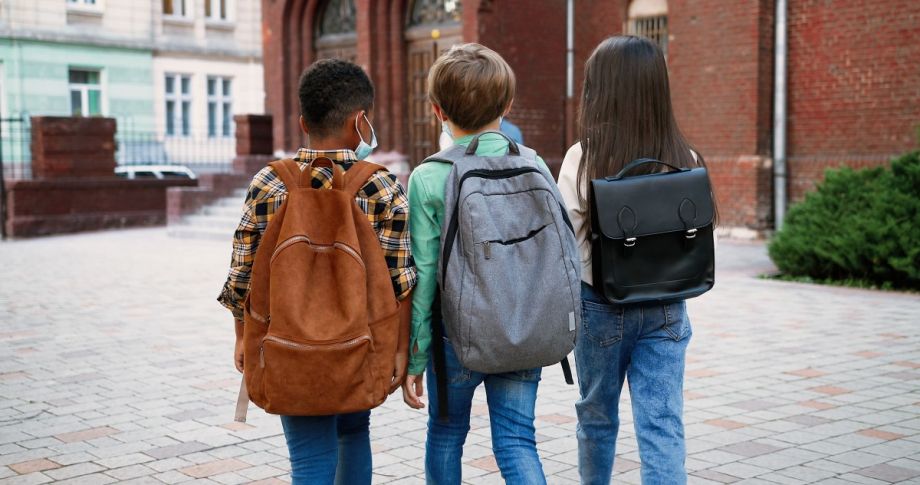
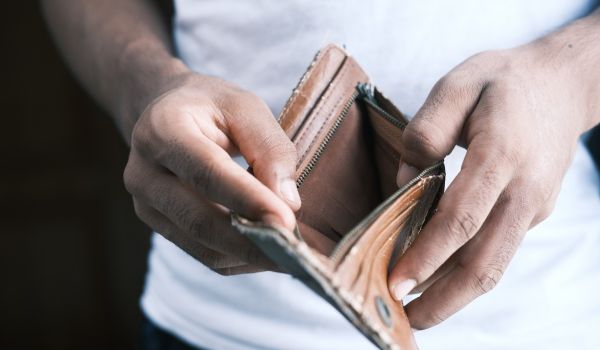
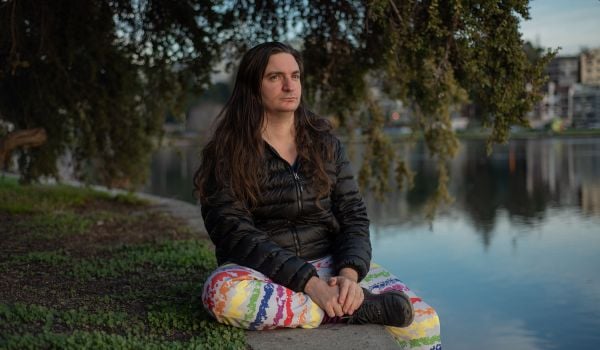
_600_350_80_s_c1.jpg)
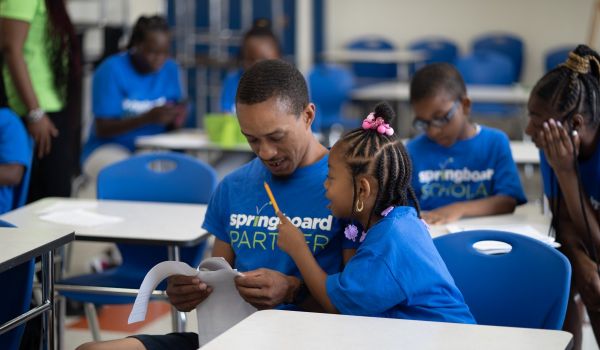
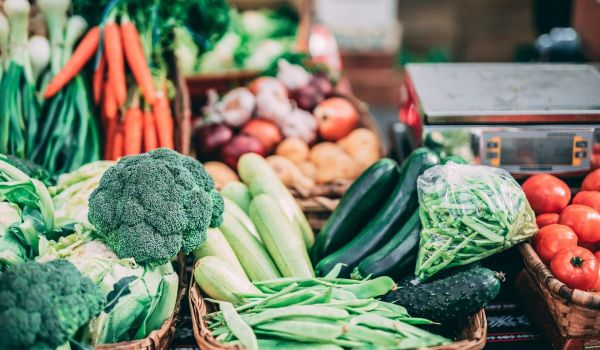
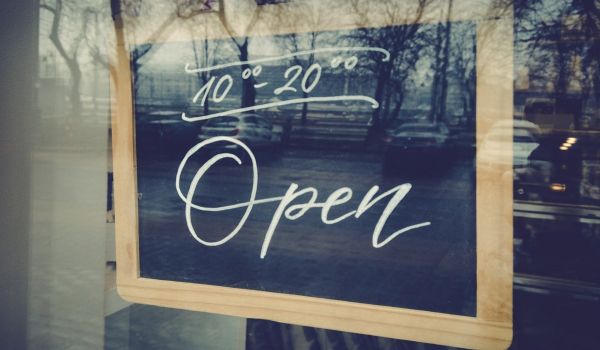
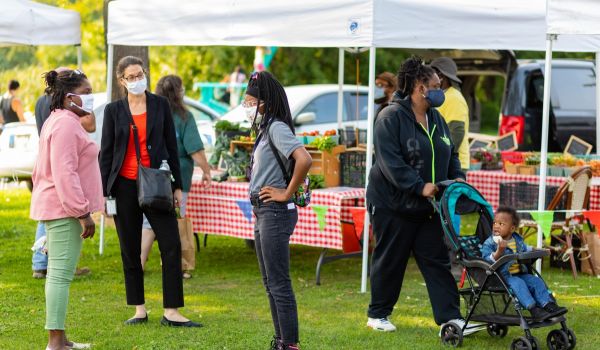
_600_350_80_s_c1.jpg)






